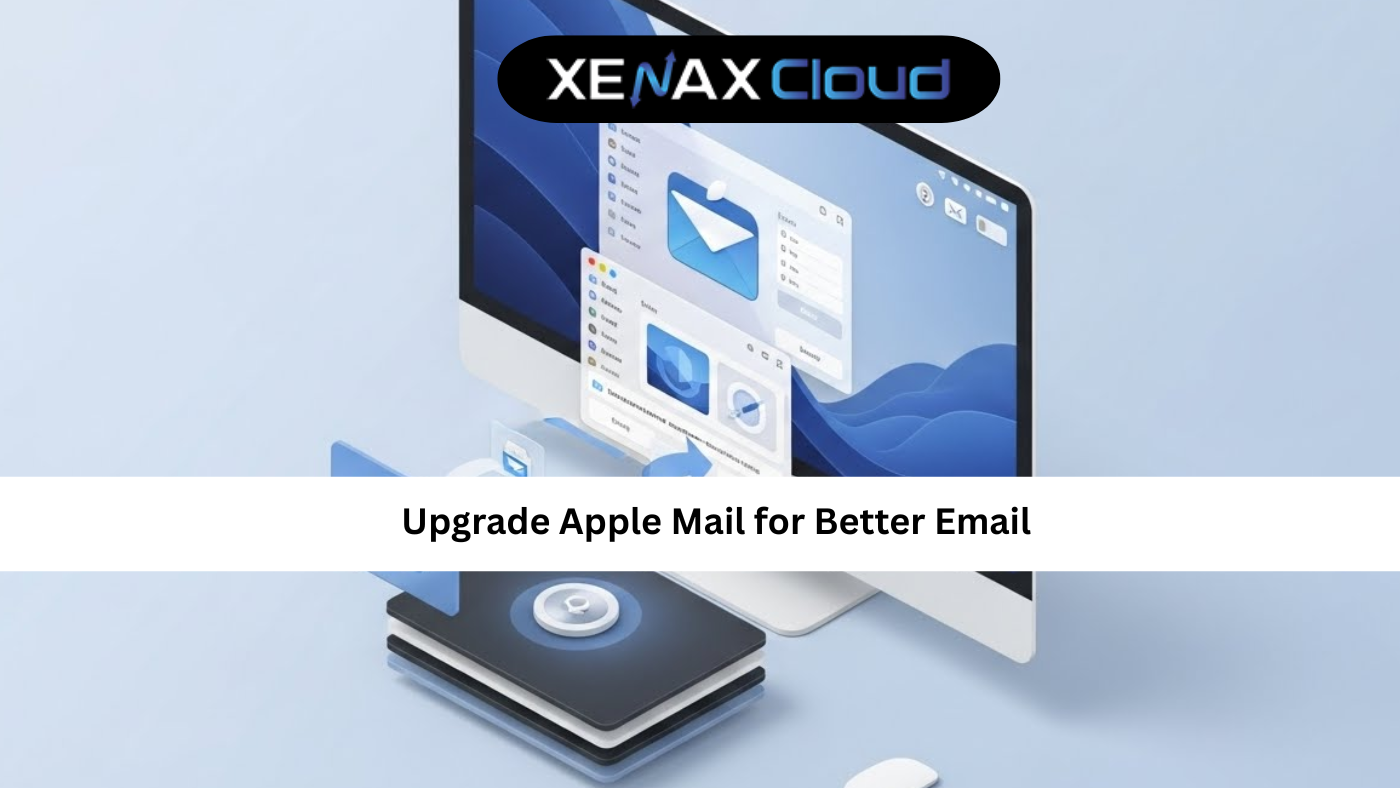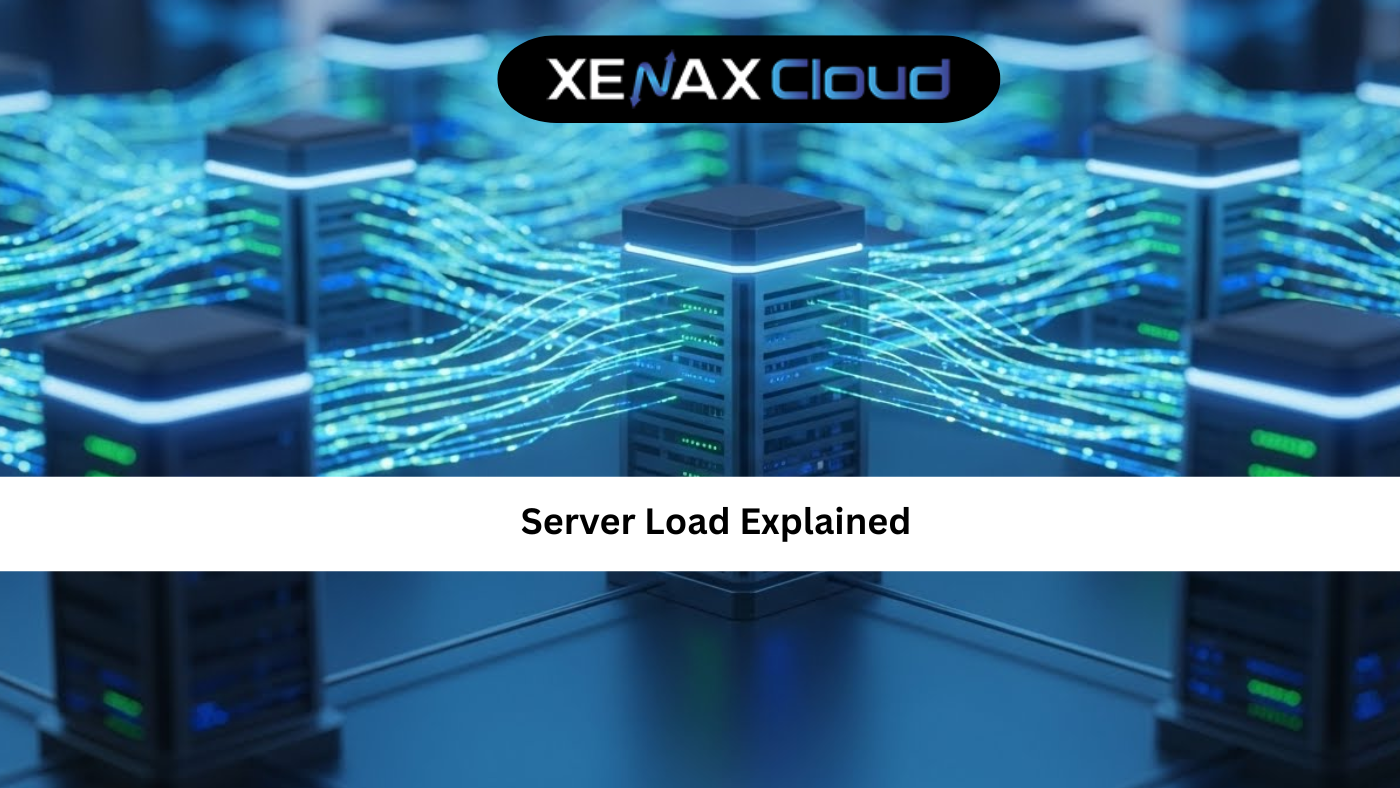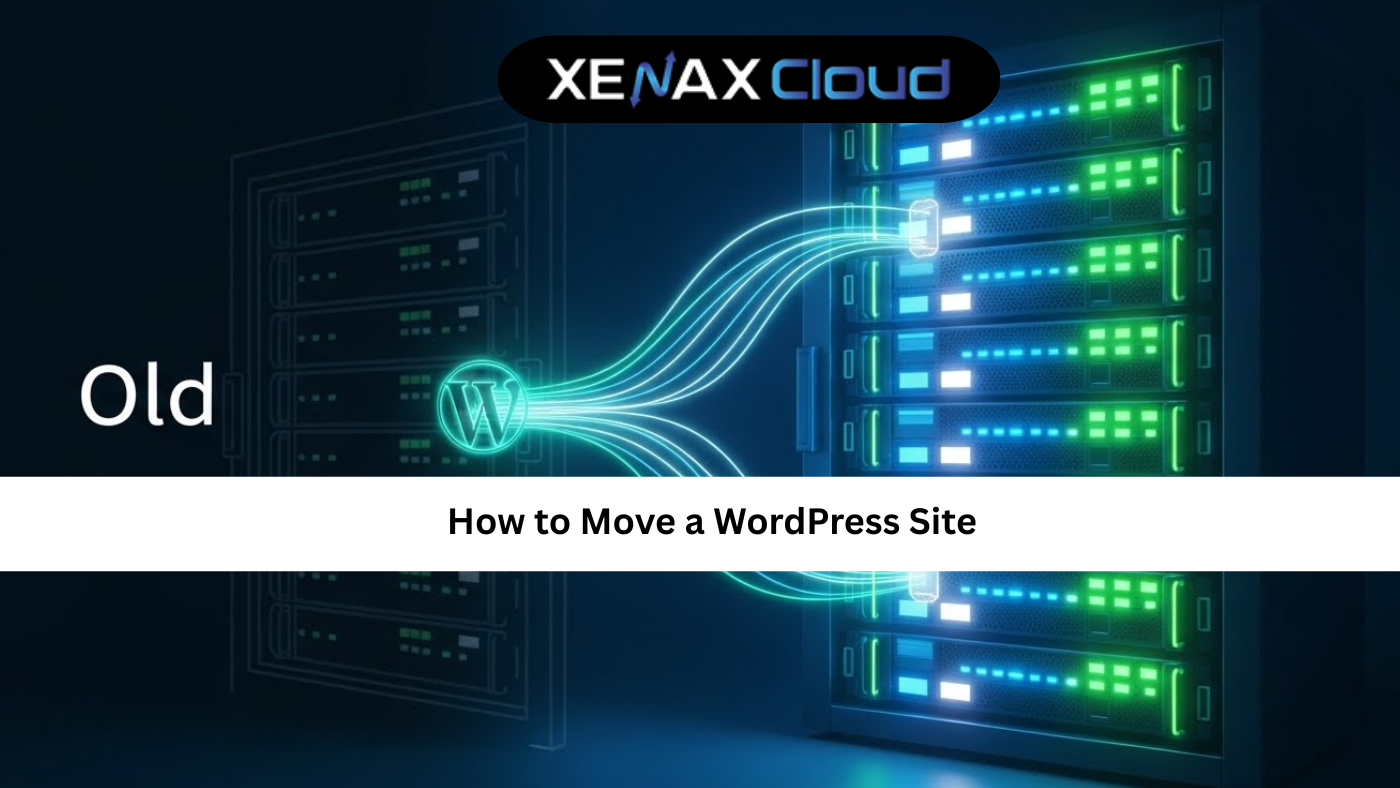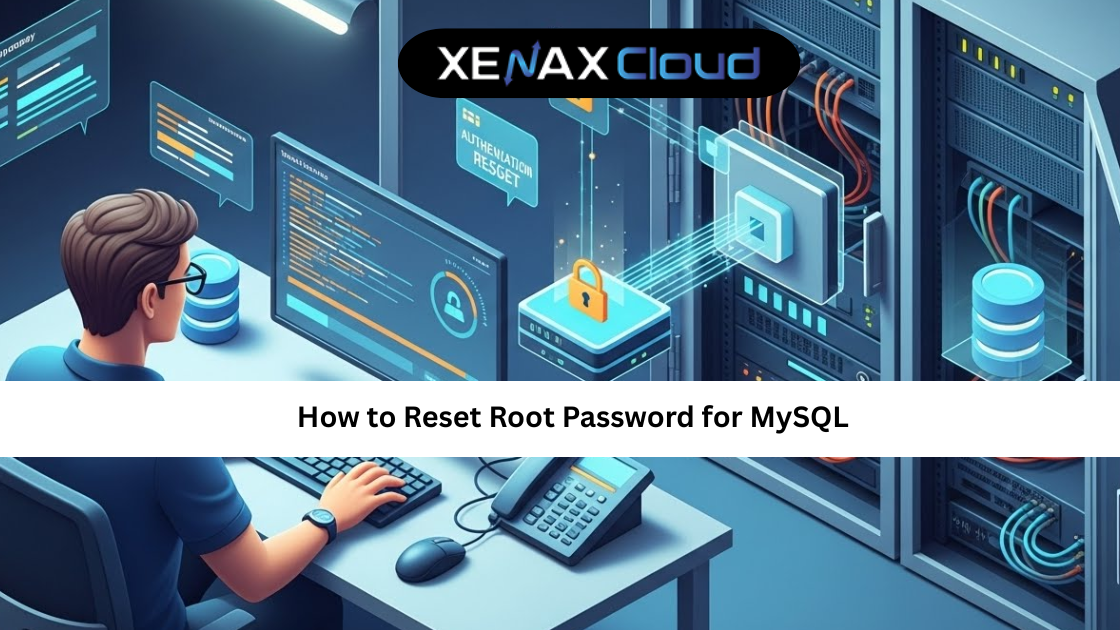Hey, Indian entrepreneurs! Whether you’re running a fashion store in Mumbai, a handicraft shop in Jaipur, or a tech gadget platform in Bengaluru, the ecommerce boom in India is impossible to ignore. With online retail projected to hit $350 billion by 2030 (per FICCI), having a fast, secure, and reliable online store is critical. That’s where ecommerce hosting comes in—a specialized hosting solution designed to keep your store running smoothly, even during Diwali sales or flash deals.
Why does this matter? In a country with 700 million+ internet users and varying internet speeds across urban and rural areas, your hosting choice can make or break customer satisfaction. Slow load times or downtime can send shoppers to competitors, while compliance with India’s DPDP Act ensures customer data stays secure. In this 3000-word guide, we’ll explore what makes the best hosting for ecommerce, why XenaxCloud’s India-based solutions like VPS servers and dedicated servers are ideal, and how to choose the right plan for your online store. Let’s get your shop online and thriving!
What is Ecommerce Hosting?
Ecommerce hosting is a type of web hosting optimized for online stores. It provides the speed, security, and scalability needed to handle product listings, customer data, and transactions. Unlike general hosting, it’s tailored for platforms like WooCommerce, Magento, or Shopify, ensuring your site stays up during traffic spikes.
For Indian businesses, ecommerce hosting is a lifeline. It supports high-traffic events like festive sales and ensures compliance with local data laws. XenaxCloud’s shared hosting and VPS plans are built for ecommerce, offering Indian data centers for low latency.
Why Ecommerce Hosting Matters for India
- Speed: Indian shoppers expect pages to load in under 3 seconds.
- Uptime: Downtime during peak hours (e.g., festive sales) costs revenue.
- Security: Protects customer data under DPDP Act.
- Scalability: Handles traffic surges, like during Republic Day promotions.
Key Features of Ecommerce Hosting
The best hosting for ecommerce comes with features designed to keep your store competitive. Here’s what to look for:
High Performance and Speed
Fast load times are non-negotiable. Studies show 53% of users abandon sites that take over 3 seconds to load. Ecommerce hosting uses SSDs, caching, and CDNs to deliver sub-second speeds.
- Why It Matters: Boosts SEO rankings and conversions.
- XenaxCloud Advantage: VPS servers with SSDs ensure blazing-fast performance.
Scalability
Ecommerce traffic is unpredictable—think Black Friday or festive sales. Cloud-based hosting scales resources instantly to handle spikes.
- Why It Matters: Prevents crashes during high-traffic events.
- XenaxCloud Advantage: Elastic VPS plans adjust dynamically.
Robust Security
Online stores handle sensitive data like credit card details. Ecommerce hosting includes SSL certificates, DDoS protection, and firewalls.
- Why It Matters: Builds trust and ensures DPDP Act compliance.
- XenaxCloud Advantage: Free SSL and security tools on all plans.
99.5% Uptime Guarantee
Downtime means lost sales. Ecommerce hosting uses redundant servers to ensure your store is always online.
- Why It Matters: Critical for India’s 24/7 shopping culture.
- XenaxCloud Advantage: Indian data centers deliver reliable uptime.
Easy Management
Managed hosting handles server updates, backups, and monitoring, freeing you to focus on sales.
- Why It Matters: Ideal for non-technical store owners.
- XenaxCloud Advantage: Indian RDP offers GUI-based management.
Ecommerce Platform Compatibility
Supports platforms like WooCommerce, Magento, Shopify, or OpenCart with pre-installed tools or one-click setups.
- Why It Matters: Speeds up store launches.
- XenaxCloud Advantage: cPanel support for easy installs on shared hosting.
Ecommerce Hosting vs General Hosting
Not all hosting is created equal. Here’s how ecommerce hosting stands out:
Ecommerce Hosting
- Optimized for Stores: Built for high traffic, transactions, and security.
- Scalability: Auto-scales during sales.
- Security: Includes SSL, PCI compliance, and DDoS protection.
- Support: 24/7 priority support for quick fixes.
General Hosting
- Generic Setup: Suits blogs or static sites but struggles with ecommerce demands.
- Limited Scalability: Manual upgrades needed.
- Basic Security: May lack PCI compliance.
- Support: Standard support, slower response times.
For Indian ecommerce, XenaxCloud’s dedicated servers offer ecommerce-optimized performance, while shared hosting suits small stores.
Types of Ecommerce Hosting
Choosing the right hosting depends on your store’s size and goals. Here’s a breakdown:
Shared Hosting
Multiple sites share one server, keeping costs low.
- Best For: Small stores or startups.
- Pros: Affordable, managed, easy to set up.
- Cons: Limited resources during traffic spikes.
- XenaxCloud Option: Shared hosting starts at ₹100/month.
VPS Hosting
A virtual server with dedicated resources, balancing cost and performance.
- Best For: Growing stores with moderate traffic.
- Pros: Scalable, customizable, cost-effective.
- Cons: Requires some technical know-how.
- XenaxCloud Option: VPS for WooCommerce or Magento.
Dedicated Hosting
A physical server dedicated to your store, offering maximum control.
- Best For: High-traffic stores or enterprises.
- Pros: High performance, full control.
- Cons: Higher cost, complex management.
- XenaxCloud Option: Dedicated servers for large-scale ecommerce.
Cloud Hosting
Resources from multiple servers, offering flexibility and uptime.
- Best For: Dynamic stores with unpredictable traffic.
- Pros: Scalable, reliable, pay-as-you-go.
- Cons: Can be pricier with heavy usage.
- XenaxCloud Option: Cloud-based VPS for elasticity.
Choosing the Best Hosting for Ecommerce in India
With India’s diverse market, from urban hubs to Tier-2 cities, here’s what to prioritize:
- Low Latency: Indian data centers for sub-10ms response times.
- Scalability: Auto-scaling for festive sales or viral campaigns.
- Security: PCI compliance and SSL for safe transactions.
- Support: 24/7 access for quick fixes.
- Compliance: Local hosting for DPDP Act.
- Affordability: Competitive pricing for startups.
XenaxCloud’s VPS and reseller hosting meet these needs, with Indian data centers and transparent pricing.
Setting Up Ecommerce Hosting with XenaxCloud
Ready to launch your store? Here’s how to get started with XenaxCloud:
Step 1: Choose Your Plan
- Small Stores: Start with shared hosting for affordability.
- Growing Stores: Pick a managed VPS for scalability.
- Large Stores: Opt for dedicated servers for performance.
Step 2: Register a Domain
Secure a .in or .com domain via XenaxCloud’s domains to brand your store.
Step 3: Install Your Ecommerce Platform
- Use cPanel for one-click installs of WooCommerce or Magento.
- Access via Indian RDP for GUI setup.
- Configure product listings and payment gateways (e.g., Razorpay).
Step 4: Optimize for Performance
- Enable caching (e.g., WP Rocket for WooCommerce).
- Use XenaxCloud’s CDN for faster image loading.
- Monitor traffic with analytics tools.
Step 5: Secure Your Store
- Install SSL certificates (free with XenaxCloud).
- Enable firewalls and DDoS protection.
- Set up automated backups for data safety.
This setup ensures your store is fast, secure, and ready for Indian shoppers.
Best Practices for Ecommerce Hosting
To maximize your store’s performance:
- Optimize Images: Compress product images to reduce load times.
- Use a CDN: Deliver content faster to users in Tier-2 cities.
- Monitor Uptime: Use tools like UptimeRobot to track availability.
- Backup Regularly: XenaxCloud’s automated backups protect your data.
- Test Scalability: Simulate traffic spikes to ensure readiness.
- Secure Payments: Use PCI-compliant gateways like Paytm or Stripe.
Challenges of Ecommerce Hosting
- Cost Management: High traffic can increase cloud costs. Solution: Monitor usage and choose XenaxCloud’s tiered plans.
- Security Risks: Cyberattacks target online stores. Solution: Leverage XenaxCloud’s security tools.
- Technical Complexity: Non-technical owners may struggle. Solution: Use managed hosting and Indian RDP.
- Traffic Spikes: Sudden surges can crash sites. Solution: Auto-scaling VPS plans.
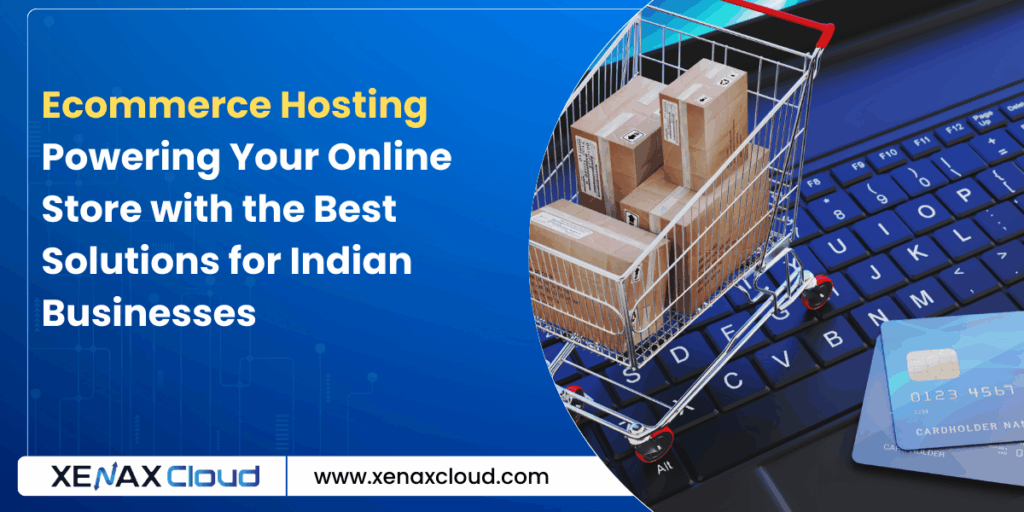
FAQs
What is ecommerce hosting?
Ecommerce hosting is optimized web hosting for online stores, offering speed, security, and scalability. XenaxCloud’s VPS ensures fast, reliable hosting for Indian stores.
What makes the best hosting for ecommerce in India?
The best hosting offers low latency, scalability, security, and compliance. XenaxCloud’s Indian data centers and dedicated servers meet these needs.
How much does ecommerce hosting cost in India?
Costs range from ₹100/month for shared hosting to ₹5000+/month for dedicated servers. XenaxCloud’s shared hosting starts affordably for small stores.
Why is a VPS ideal for ecommerce hosting?
VPS offers dedicated resources, scalability, and customization, perfect for growing stores. XenaxCloud’s VPS ensures low-latency performance.
How does XenaxCloud ensure ecommerce security?
XenaxCloud provides SSL, DDoS protection, and Indian data centers for DPDP Act compliance, securing stores on dedicated servers.
Can I manage an ecommerce store without technical skills?
Yes, managed hosting and XenaxCloud’s Indian RDP offer easy, GUI-based management for non-technical owners.
Conclusion
Ecommerce hosting is the backbone of a successful online store, offering the speed, security, and scalability Indian businesses need to compete. From small shops to large retailers, the right hosting ensures your customers keep coming back. XenaxCloud’s India-based solutions make it easy, with affordable plans, local data centers, and robust support tailored for India’s dynamic market.
Ready to launch or scale your online store? Explore XenaxCloud’s shared hosting for startups, VPS servers for growing stores, or dedicated servers for high-traffic retailers. Sign up today, build your ecommerce empire, and conquer India’s digital marketplace! Questions? Contact XenaxCloud’s support team now.



